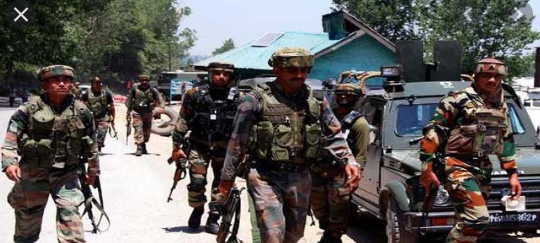The Pulwama-Balakot episode showed the danger of both sides stepping on to an escalatory spiral, with unpredictable consequences
Two years ago, on February 14, the terror outfit, Jaish-e-Mohammad, attacked a Central Reserve Police Force convoy in south Kashmir’s Pulwama, killing 40 security personnel. The attack provoked a strong Indian response in the form of the Balakot airstrike at a terror camp, an aerial incursion by Pakistan into Indian territory, the capture and subsequent release of an Indian fighter pilot, and eventually shaped the course of the Lok Sabha elections. The government framed the airstrike as a continuation of the surgical strike after Uri in 2016, and portrayed it as an example of “new India’s” tough approach to terror.
At the same time, the Pulwama-Balakot episode showed the danger of both sides stepping on to an escalatory spiral, with unpredictable consequences. India may have conventional military superiority and has done well in calling Pakistan’s nuclear bluff. But, at a time when India faces a threat from China, and the situation in Kashmir remains fragile, this strategy must be used in a calibrated manner. It is also important to recognize the heterogeneity within Pakistan, and perhaps have a form of back-channel dialogue mechanism to ensure that events don’t spiral out of control. Responding to terror is essential; ensuring this response is smart and proportionate remains equally important.





